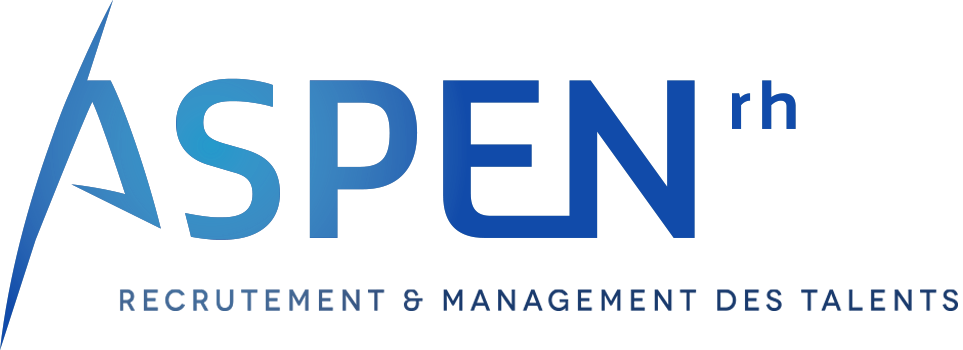3 keys to effective use of recruitment agencies

When a position is difficult to fill, turning to a recruitment agency often becomes essential to capture the best profiles. However, while working with recruitment agencies is common and the choice among them is vast, it is very challenging to ensure that their services will lead to recruiting the ideal candidate. There is, however, a common element in most successful complex recruitments. Regardless of the job level, industry, or required skills, a complex recruitment only succeeds when it is a priority for the recruitment agency. Based on this simple observation, obtaining the full investment of recruitment agencies must be a priority, and this is achieved through three key factors.
Like any business, recruitment agencies prioritize their actions to maximize their return on investment. This potential return on investment will determine the category (low, medium, or high priority) in which each recruitment mission is classified within the agency.
To maximize the chances of filling the open position within your company, the goal is to ensure that recruitment agencies classify your search as a “high priority.” Achieving this depends on three essential criteria.
- Quality over Quantity
Once you have established a list of potential partner agencies based on your own criteria, it is essential to retain only one or two to work on your needs. This may seem paradoxical at first. It might seem logical to think that the more recruiters working for you, the more candidates are contacted, and thus the higher the chances of finding good candidates. Contrary to common beliefs, having multiple recruitment agencies working on the same need proves counterproductive. Knowing they are in a highly competitive situation, with fewer chances of being the “winner,” agencies will classify your need as a “low priority.” They will merely contact candidates already known to them (in their CV database or on job boards), hoping for a lucky break, and will not invest more time and energy.
On the other hand, working with only two agencies, or even exclusively, will naturally motivate them much more and significantly improve the classification of your mission. Agencies know that the success of the mission (and the billing that comes with it) depends solely on their own efforts, which will therefore be much greater.
Selecting a very limited number of recruitment agencies to prioritize the quality of their work is thus an essential first step. However, this is not the only element to consider.
- Positioning as True Partners
It is common to think that as a client, you do not need to adapt to recruitment agencies, that it is up to them to make all the efforts if they want to earn your money. This is clearly false, as you will not achieve much in the agencies’ priority hierarchy.
You and the recruitment agencies have a common goal: finding the ideal candidate and filling your position. The idea is to maximize the chances of achieving this by meeting several quality candidates for you and facilitating their work and the overall process for them.
Do not hesitate to comply with the agencies’ requests. Meeting the direct manager at the start of the process and maintaining contact throughout, understanding the reasons for the vacancy, the difficulties with the position, etc., all these requests are legitimate and greatly facilitate and improve the agencies’ work. In return, you can explain in detail the important criteria to you, the type of candidates you are looking for or not, and even obtain extremely useful information about your industry sector gathered by the agencies during their research (average salary, candidate motivation levers, market trends, etc.).
By prioritizing quality over quantity, you move from “low priority” to “medium priority,” and by positioning yourself as a true partner, you now move to “high priority.” This is already a very good thing, but thanks to a final factor, you will make your mission a “top priority.”
- Regular and Reactive Communication
Regular communication can be exemplified by a weekly phone conference between the HR department, operations, and the recruitment agency. During this call, you can receive a precise report on the agency’s activity (number of people contacted and met, difficulties in the search, key elements in candidate motivation, etc.). If the search is prolonged due to significant difficulties, this can also allow you to discuss possible solutions (new search strategy and upcoming actions, problems with the profiles you have received so far, potentially negotiable criteria to attract more candidates, etc.). Thanks to this regular communication, both parties remain engaged in an active process working together towards achieving the goal.
Reactive communication involves rapid responses from both sides. When the agency sends you a CV, you must commit to providing a detailed response (and harmonized between your HR and operational teams) within 24 to 48 hours. If the profile does not match, explain why and what you would like to see in future candidates. Similarly, when you meet one of the candidates submitted by a recruitment agency, you must impose the same deadlines for the interview report and the transmission of positive and negative elements, as well as the follow-up on that candidacy.
Thanks to this reactive and regular communication, agencies can quickly redirect their search towards profiles more adapted to your needs.
Following these three simple rules allows you to achieve a very high “mission assigned/mission completed” ratio. Agencies will prefer working for you, even on complex missions, because they will feel valued and know that finding solutions will always be possible with you. Their return on investment will remain higher when working for you than for other clients.
On your side, you will have truly engaged partners, and you will be able to monitor the progress of the searches daily. You will also have the certainty that recruitment agencies are continuously seeking the best candidates, even on difficult missions. In fact, no recruitment agency wants to provide a weekly report (during the aforementioned phone conferences) without being sure they have done good work. They will therefore be “forced” to provide the best possible service.
It is by following these three simple rules that recruitment agencies will place your need at the top of their priorities and, as a result, provide much effort. If the results are better and faster, your working relationship will also be more pleasant and less stressful, which presents a significant advantage in the context of sustainable partnerships.
